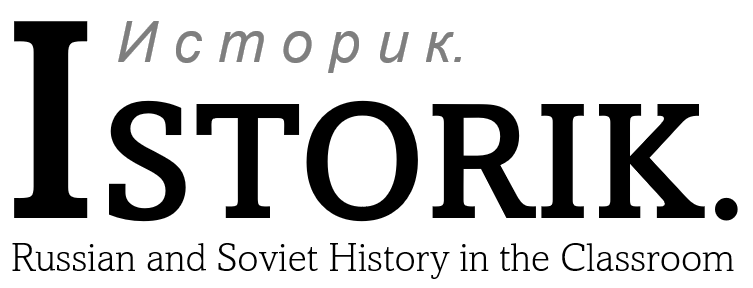The 2025 Schools History Project (SHP) conference was, as ever, a highlight of the teaching year and a stimulus for all sorts of thoughts.
Inevitably, the best workshops at such an event are those
that leave you with more (interesting) questions than answers.
In these two posts (including my last one, on Arthur Chapman’s presentation on stories and narratives), I’m going to try to
formulate some coherent thoughts in relation to two really excellent sessions
in particular, both of which sent me away with a number of very interesting
questions. The second post, here, discusses Claire Holliss’ workshop on stories
at KS5.
Sometimes, new directions in pedagogy develop their own
momentum and give rise to new orthodoxies and (near-)universally accepted
wisdom. When this happens, it’s important to take a step back and evaluate the
evidence to establish how sound that wisdom actually is.
This is what I understood Claire Holliss’ fantastic SHP 2025
workshop to be honing in on.
In her very clear-minded, critical, but open discussion of
using stories at KS5, Claire gave a well-deserved nod towards some very
interesting and valuable work done on integrating stories into classroom
teaching. She then asked how far doing so would actually benefit teaching
History at KS5.
Claire’s work links to an ongoing research project, involving the selection and use of specific stories in her own teaching. This was also of interest to me, as our department has also been starting to develop stories in our own KS5 teaching of Russian and Soviet History (I’ll explore this a bit below).





